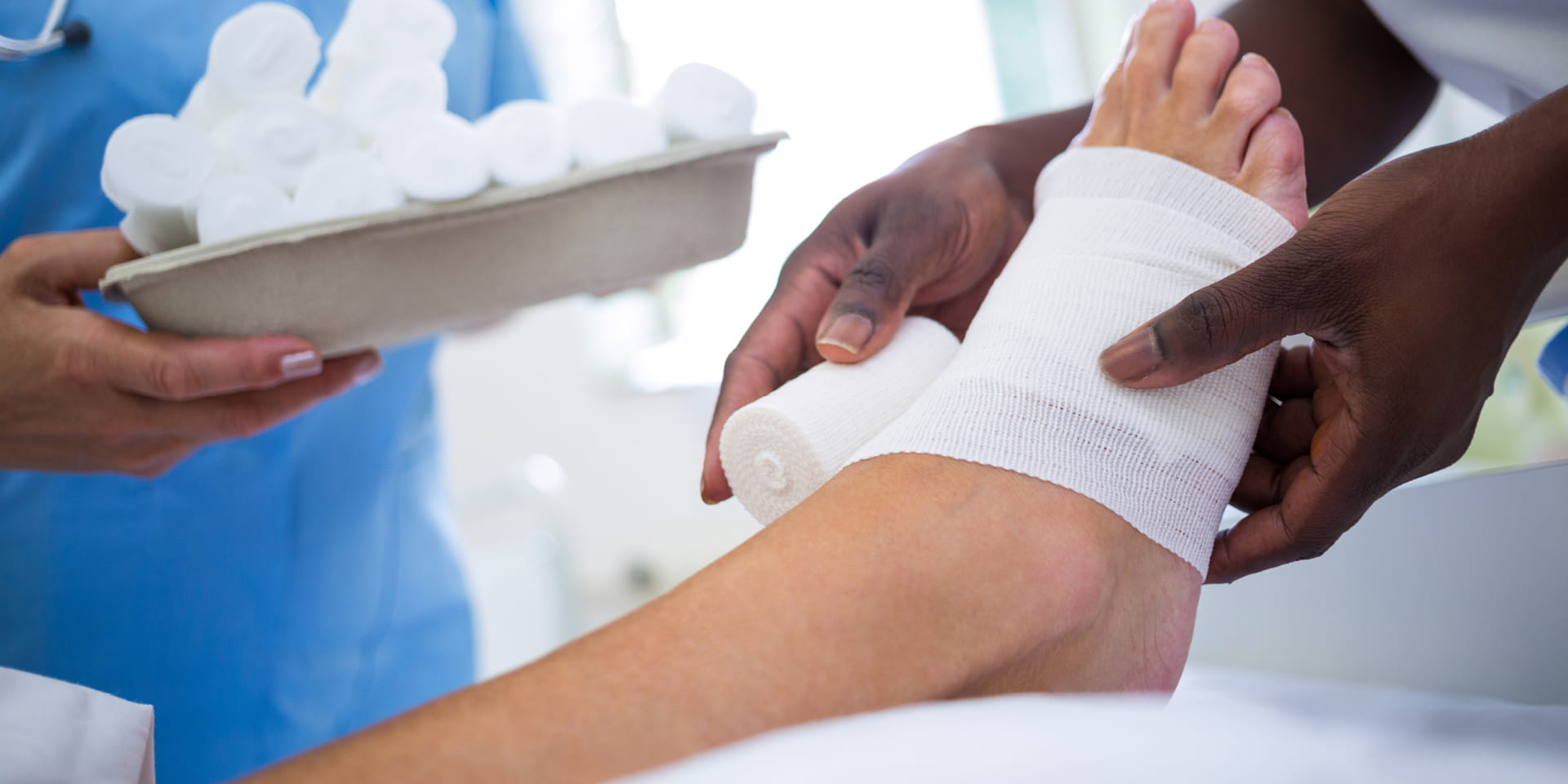When it comes to living with diabetes, education is vital to managing, and possibly preventing, this challenging condition.
The importance of diabetes awareness cannot be overstated. Diabetes is the seventh leading cause of death in the United States. According to the American Diabetes Association, more than 30 million Americans (9.4 percent of the population) have diabetes and another 84.1 million have prediabetes. Prediabetes puts a person at increased risk of developing type 2 diabetes, heart disease and stroke.
Complications of Diabetes
Diabetes interrupts the body's ability to process insulin. This causes too much glucose (sugar) in the bloodstream, which is very damaging to the body. As a result, people with diabetes can have high cholesterol and triglyceride levels, high blood pressure and obesity, all of which are major contributors to higher rates of heart disease.
In addition to cardiovascular (heart) disease, other complications of diabetes include:
- Eye damage
- Hearing problems
- Kidney damage
- Nerve damage in the legs and feet
- Poor blood circulation
- Skin problems, including infection and wound healing issues
Diabetes and Wound Healing
Because diabetes stiffens the arteries and causes a narrowing of the blood vessels, those with diabetes can experience reduced blood flow and oxygen to a wound, reducing its ability to heal. High blood glucose impairs the function of white blood cells, a vital part of the body's immune system, resulting in an inability to fight bacteria. As a result, wounds don't heal properly and can quickly become infected. Even everyday minor cuts can develop an infection that spreads to surrounding tissue and bone.
It is extremely important that a diabetic seek medical attention for any wound, no matter how small, as soon as possible, says Dr. Eric Marchant, Director of Wound Care. "Any wound can set off a cascade of issues that can ultimately lead to death. For diabetics, 80 percent of amputations are as a result from a wound or infection. There's a 45 percent mortality rate five years after amputation."
Diabetic Foot Ulcers
Of particular concern to people with diabetes is reduced blood flow to the feet. This can lead to nerve damage (called neuropathy) that can cause burning, tingling and pain in the foot, as well as loss of feeling. As a result, a diabetic can have an injury to the foot and not even know it—until an ulcer develops. An ulcer is a deep, open sore or break in the skin. According to the American Diabetes Association, your health care provider should see every ulcera deep open sore or break in the skin right away, even if it does not hurt. An ulcer is serious because it can quickly spread the infection to the muscle and bone— in worse cases requiring amputation (removal of the limb).
That's why, if a person develops an ulcer, they must seek care by a wound care professional immediately. The specialist can treat the ulcer by debridement (removal of unhealthy tissue from the wound), apply special dressings, use hyperbaric oxygen therapy or perform a skin graft.
Dr. Marchant emphasizes that diabetics must be active participants in their own healthcare by:
- Checking their feet daily for signs of ulcer or infection.
- Following the wound care program as ordered by a healthcare professional every day, to the letter—with no exceptions.
"A wound care program is only as effective as the patient is compliant and dedicated to following the treatment plan," stresses Dr. Marchant.
If you suffer from a chronic or non-healing wound, call Doylestown Health's Center for Wound Healing and Hyperbaric Medicine directly or ask your doctor for a referral. To make an appointment, call 267.885.1775.
Doylestown Health's Center for Wound Healing
Doylestown Health's Center for Wound Healing is an award- winning, state-of-the-art facility that expertly treats all types of non-healing wounds using individualized plan of care customized to the patient's specific healing goals, such as reducing time away from work and returning to normal activities. The team at Doylestown Health is able to heal even the most chronic types of wounds using advanced therapies that include negative pressure, bio-engineered tissues, and biosynthetic dressings.
